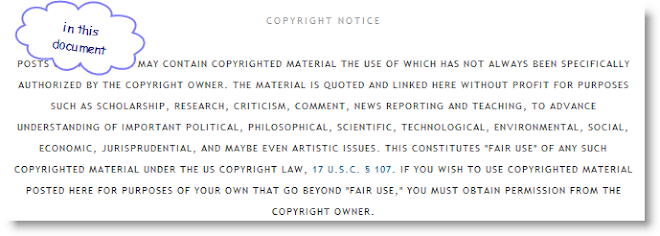HuffPo
Though "change" is the dominant rhetoric of this presidential campaign, everyone realizes that fundamental reform can't come from a president alone. If there are problems in the way Congress now works, for example, no president can fix those problems alone. Any fix would require the cooperation of the very institution that needs changing -- Congress.
Not surprisingly, however, not everyone in Congress is eager for change. Whatever they say, and however strongly they may deny it, there are many who have grown used to a system they understand well. And many of those are not about to support radically reforming that system, at least until pushed.
But the 111th Congress will be the freshest that Washington has seen in more than a decade. There are more than 67 "open seats" in this years' election; the last time we were anywhere close to that number was 1996 (62). This fact has led some to think about strategies for getting Congress to take seriously the idea of remaking itself.
At the National Press Club in DC today, with the support of political strategist Joe Trippi and others, I will launch one of those strategies. Change-Congress.org will be a bi-partisan, web-based effort to leverage and amplify the important reform work being done by others. Think of it as a kind of Google-mashup, but applied to politics. Our aim is not to displace primary reform organizations, but rather to complement and feed support back to these organizations. And in the process, we hope to make transparent just how broad and deep the support for fundamental reform is.
Change-Congress.org will develop in three stages. The first layer will give candidates and Members of Congress a simple way to signal their support for any mix of four fundamental planks of reform:
- a promise not to accept PAC or lobbyist contributions;
- a commitment to abolish "earmarks" permanently;
- a commitment to support public financing of public elections; and
- a commitment to compel transparency in the functioning of Congress.
Once a candidate or Member selects the planks he or she supports, the site will give the candidate code to embed that pledge on the campaign website. Citizens too will be able to take a similar pledge, promising to support candidates who match their own vision of reform. When they do, they will be linked back to reform organizations that support each plank.
But the real contribution of citizens will reach far beyond simply making a pledge. Beginning in April, we will launch a second stage to the site: in a Wikipedia-inspired manner, wiki-workers will track the reform-related positions of candidates who have not yet taken a pledge. If a candidate, for example, has endorsed Public Campaign's bill for public financing, we will record that fact on our site. The same with a pledge to forgo money from PACS or lobbyists, or any of the other planks in the Change Congress pledge. And once this wiki-army has tracked the positions of all Members of Congress, we will display a map of reform, circa 2008: Each Congressional district will be colored in either (1) dark red, or dark blue, reflecting Republicans or Democrats who have taken a pledge, (2) light red or light blue, tracking Republicans and Democrats who have not taken our pledge, but who have signaled support for planks in the Change-Congress platform, or (3) for those not taking the pledge and not signaling support for a platform of reform, varying shades of sludge, representing the percentage of the Member's campaign contributions that come from PACs or lobbyists.
What this map will reveal, we believe, is something that not many now actually realize: that the support for fundamental reform is broad and deep. That recognition in turn will encourage more to see both the need for reform, and the opportunity that this election gives us to achieve it. Apathy is driven by the feeling that nothing can be done. This Change Congress map will demonstrate that in fact, something substantial can be done. Now.
Finally, the third stage of Change Congress will provide financial support to reform candidates. Following the model of Emily's List, we will recruit contributors to support Change Congress candidates, both Republican and Democratic, who make reform a central platform of their campaign. Individuals will be asked, for example, to contribute $10/month to five Change Congress candidates. That support will make it easier for those candidates to spread the message of reform, and to define at least one central part of their candidacy to be about reform.
The key to this movement will build upon the best of Internet social and community activism, to the end of substantial reform. The web is not simply a replacement for broadcast. It is not simply a cheaper, more interactive political brochure. It is instead a technology which, if architected right, can enable an extraordinary range of citizens to engage -- to speak, to write, to investigate, and to pledge. It is this engagement that turns supporters into soldiers for a cause.
Let the cause of this political cycle be substantial and fundamental reform of Congress. For with an approval rating hovering in the low 20s, no other federal institution needs the renewed confidence of the people more. From the scandals involving outright bribery, to the indirect corruption of earmarks, to the pervasive and persistent skepticism born of the view that too rarely does congressional action track policy sense rather than campaign dollars, this is an institution in desperate need of change. Done right, the Net can leverage the support for that change. And get it done.
Lawrence Lessig will be launching the Change Congress project today (Thurs March 20) at 1:30pm EDT at the National Press Club in DC. The event also will be web cast here.




